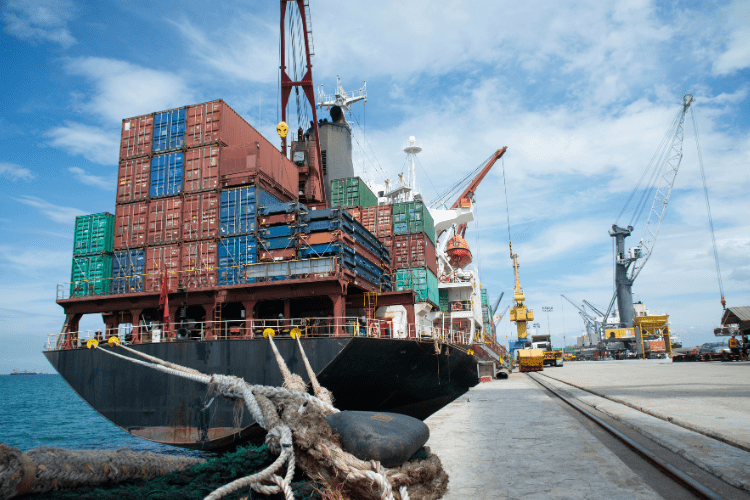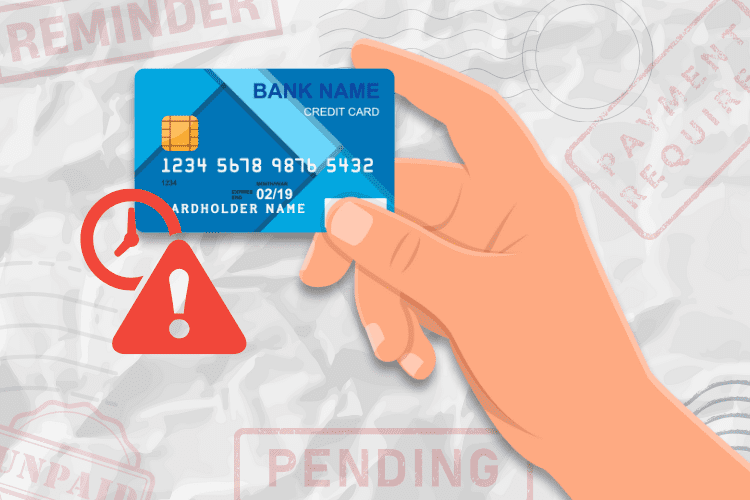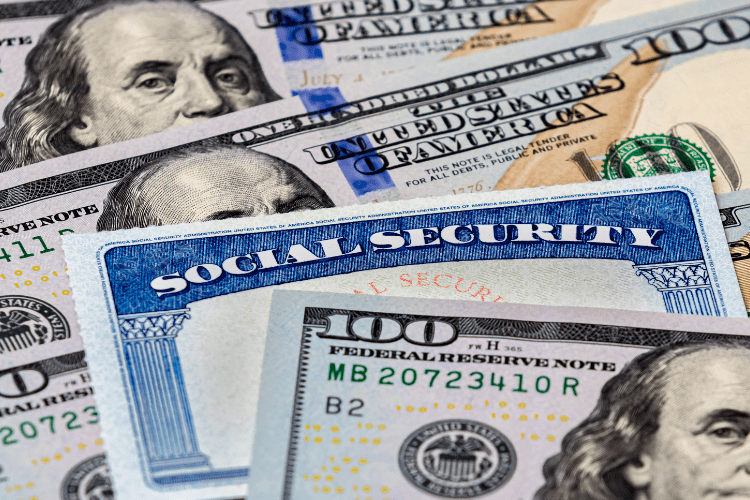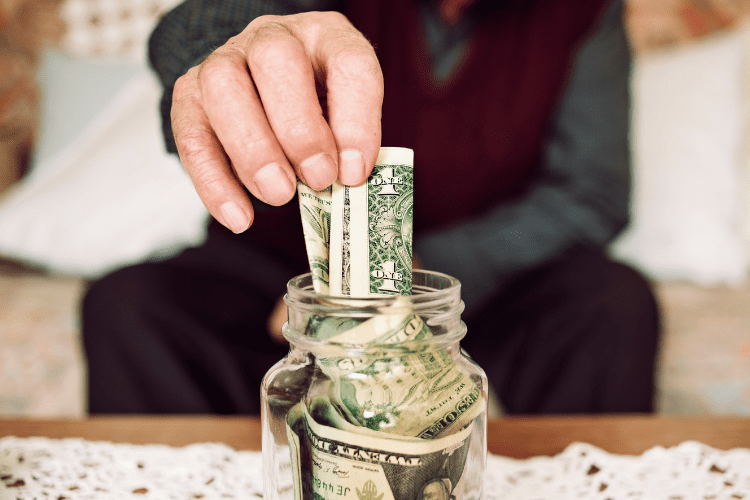The Truth About Tariffs: How They Work and Who Benefits

If you’ve seen Donald Trump’s speeches, you’ve probably heard him mention tariffs before.
He claims they’re an effective way to bring jobs back to America, negotiate unfair trade deals, and offset our current deficit.
But how exactly would these tariffs impact our economy? And are these benefits really as good as the President-elect claims they are?
This guide will give you a complete overview of how tariffs work, who benefits, and how they could shape the US economy.
How Do Tariffs Work?
Tariffs are taxes a country levies on imports from another country.
For example, let’s say the US imports cars for $10,000 a piece from China. Instead of letting them pass through the border for free, the US adds a 60% protective tariff, or $6,000. This higher price tag ($16,000) will then be passed on to the consumer, who will need to pay more for the same car or go with a cheaper domestic brand.
Why Do Governments Have Tariffs?
Tariffs, especially revenue tariffs, are a practical way for governments to make money each year. They can use these funds to invest in more industries, improve infrastructure, or address the country’s budget deficits.
On the other hand, a government uses protective tariffs to shield local businesses from foreign competition. They also encourage businesses to move their supply chain back to the country to avoid taxes, which creates more jobs and boosts economic growth.
Has The US Ever Implemented Tariffs Before Trump?
While tariffs recently became popular during the Trump era, the US has used them throughout history.
The first time goes back to 1789 when the US passed the Tariffs Act to invest in the country and protect their industries. Since then, a handful of US governments have passed tariff laws to address different issues, including the Civil War and the Great Depression.
Today, tariffs make up a tiny part of the US’s revenue. 94% of US merchandise imports are duty-free, and only 50% of industrial goods must pay a 2% import tax rate.
Who Benefits From Tariffs?
When a government uses them strategically, tariffs could greatly benefit local businesses and give them another source of income.
With less competition, companies could focus on innovation, increase productivity, and hire more workers. Higher prices on foreign products could also encourage Americans to buy from local businesses instead.
But despite all the positives for the US, doing this doesn’t stop other countries from implementing their own tariffs.
We already see this happening with Mexico, where the country’s economy chief is thinking about a possible trade retaliation against the US.
“If you apply tariffs, we’ll have to apply tariffs. And what does that bring you? A gigantic cost for the North American economy,” said Mexico’s Minister of Economy Marcelo Ebrard.
How Will Trump 2.0’s Tariffs Affect Our Economy?
If Trump implements each of his tariffs, American companies, especially those that can source everything locally, could win big time.
Foreign-owned companies will also find no incentive to hire overseas if they know they must pay more taxes. Over time, they’ll move most of their supply lines and production back to the US. This could give neighboring communities a much-needed economic boost and create more jobs.
On the other hand, other countries might respond by slapping their own tariffs on the US, which can drive up prices nationwide and make it harder for the average consumer to afford everyday items.
Major American retailers like Walmart and Lowe’s have already expressed concern.
“There probably will be cases where prices will go up for consumers,” Walmart’s CFO, John Rainey said.
“Roughly 40% of our cost of goods sold are sourced outside of the U.S., and that includes both direct imports and national brands through our vendor partners,” Lowe’s CFO Brandon Sink said on the call, per Yahoo. “And as we look at potential impact, certainly would add product costs, but timing and details remain uncertain at this point.”
If the president-elect wants tariffs to work, he’ll need to find a way to implement them without destabilizing global trade or placing too much financial pressure on small businesses and consumers.
The Bottom Line
If used wisely, tariffs are an effective way to boost the country’s economy. Many communities could spring back to life, and thousands of jobs could open up for Americans who need them.
However, if Trump pursues these policies too far, there’s also the risk of runaway inflation or new global trade wars.
For now, all we can do is stay updated and hope these changes will be a net positive for the country’s future.
Read more:









